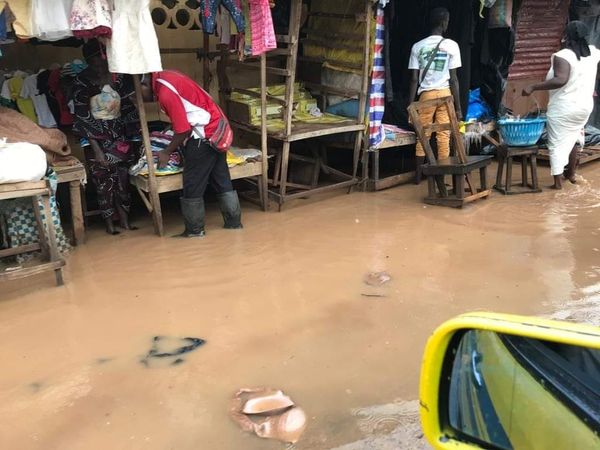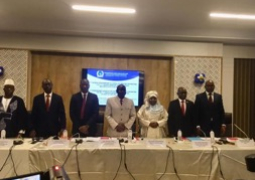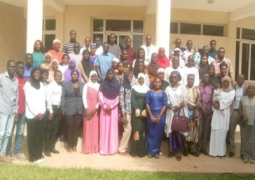
This comes following massive inundation of homes and communities in the country, which has led to widespread water pollution and contamination.
These are not unexpected concerns as even the country’s disaster agency reported that victims of floods face health and sanitation challenges, among others.
“There have been numerous incidents of diarrhoea and skin rashes reported at Tobbaco Road over the period covered by the report,” the country’s disaster agency - National Disaster Management Agency stated in their situational report.
“The relevant authorities have been alerted. There is a very high risk of waterborne diseases emanating from the flash floods and the slow receding waters.
“Vulnerable groups need special attention and care as part of reproduction and child health but also needs food and nutrition,” it concluded.
The NDMA has pointed out that sanitation and health are among major concerns faced by the victims.
In the same vein, United Nation’s Office for the Coordination of Humanitarian Affairs (OCHA) has also disclosed that reports of the oil spillage in Brikama, which was acknowledged by both the National Water and Electricity Company (NAWEC) and NDMA may negatively affect an additional 3,000 people.
“Humanitarian workers are deploying to support the emergency response including UN, OCHA and UNDAC teams.”
“The UN Central Emergency Response Fund (CERF) granted US$1 million to UN WFP and UNICEF as part of the humanitarian response.”
Ministry of Water and Sanitation in neighboring Senegal has issued an alert about additional flooding of The Gambia river in the coming weeks,” OCHA noted.




